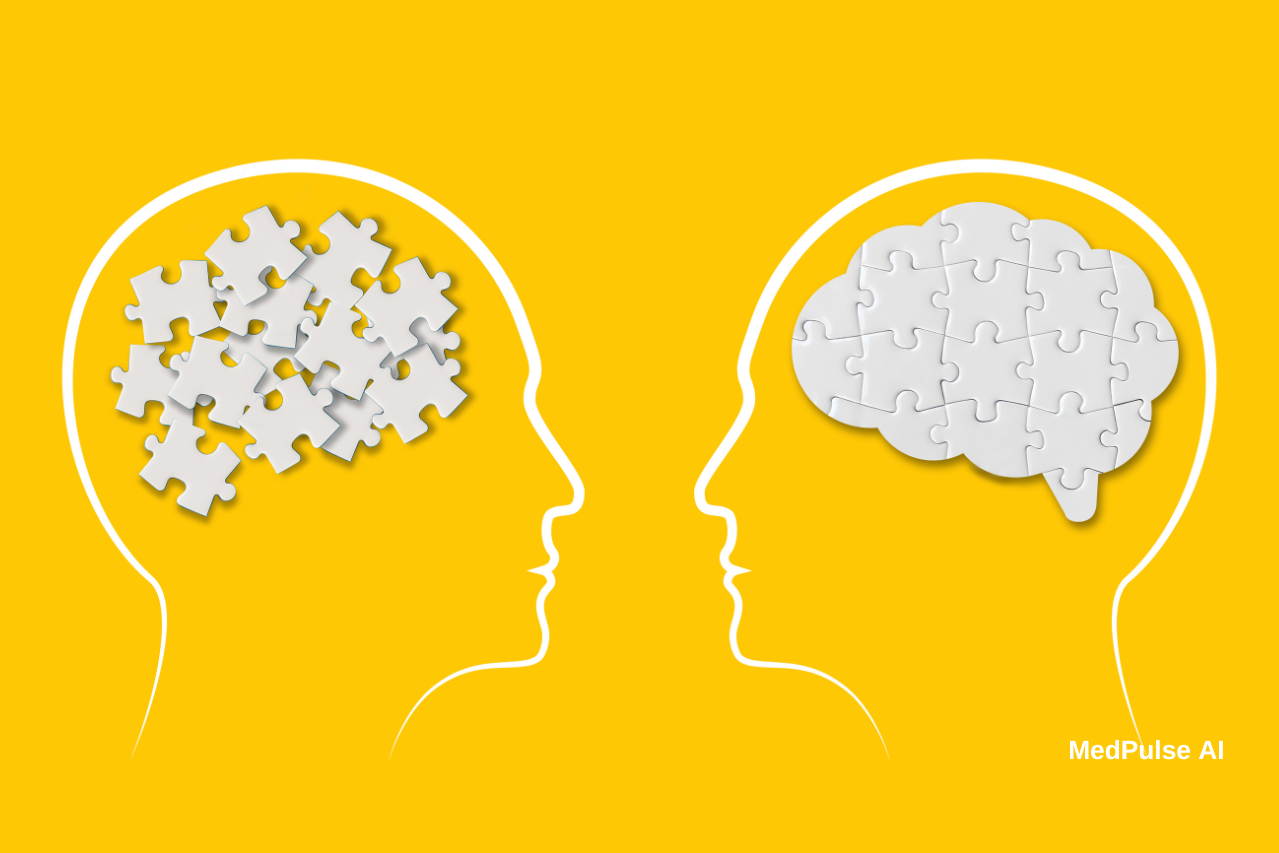As artificial intelligence (AI) becomes increasingly intertwined with our daily lives, the human tendency to attribute human-like qualities to machines continues to grow. The Eliza effect, originally named after one of the earliest chatbots, remains just as relevant today as it was over fifty years ago. This effect refers to our tendency to Anthropomorphize machines and attribute human-like understanding, emotions, or intelligence to them. In the context of modern AI chatbots, the Eliza effect is having a profound influence on how we interact with these technologies, particularly among individuals experiencing extreme loneliness.
What Is the Eliza Effect?
The Eliza effect takes its name from ELIZA, a computer program created in 1964 by MIT computer scientist Joseph Weizenbaum. ELIZA was designed to simulate a conversation with a psychotherapist by using simple pattern-matching techniques to rephrase users’ inputs into questions or statements. While ELIZA had no real understanding of the conversation, many users felt they were interacting with a caring, empathetic entity, rather than a machine. Weizenbaum was astonished by how quickly people formed emotional connections with ELIZA, even though they knew it was only a program.
This tendency to attribute human qualities to machines—especially when interacting with systems that mimic human language—is the essence of the Eliza effect. Weizenbaum’s observations in the 1960s have become increasingly relevant as today’s AI systems, particularly chatbots, have advanced to the point where distinguishing between human and machine conversation is becoming more difficult.
ELIZA and Early AI
ELIZA operated on simple pattern-matching algorithms, taking the input from users and responding based on predefined rules. For example, if a user said, “I am feeling sad,” ELIZA might respond, “Why do you feel sad?” or “Tell me more about that.” Despite the simplicity of these responses, users projected their own meanings and emotions onto the program, as if it possessed genuine understanding.
Weizenbaum observed that users, including some of his colleagues, began to engage in deeply personal conversations with ELIZA. Some even asked to be left alone with the chatbot, a behavior that startled him and highlighted the human tendency to Anthropomorphize technology. The Eliza effect emerged from this early example, showcasing how quickly people could be tricked into thinking a machine had human-like intelligence, despite its lack of real cognitive ability.
Relevance of the Eliza Effect in Today’s AI Chatbot World
Modern AI chatbots such as ChatGPT, Replika, and customer service bots from companies like Amazon or Meta rely on complex natural language processing (NLP) models to simulate conversation. While these systems have improved dramatically since ELIZA’s creation, they still do not understand or process information the way humans do. Yet, the human brain often perceives otherwise.
In 2023, Gartner reported that 80% of businesses had adopted or planned to adopt some form of AI chatbot technology for customer service. Among consumers, a 2022 study by Capgemini found that 54% of people who interacted with AI chatbots believed the bots could “understand” their needs. This underscores the persistence of the Eliza effect in modern AI interactions—people continue to attribute human-like qualities to systems that are merely processing large datasets to predict responses.
The potential dangers of this effect are especially pronounced in emotionally sensitive contexts. For example, AI-driven mental health apps like Woebot and Wysa have been developed to provide emotional support and coping strategies. While they can be helpful in some cases, they are not a replacement for human therapists. Yet, many users report feeling understood and cared for by these AI systems, despite their lack of true empathy or comprehension. In cases of mental health crises, this can lead to risky situations if users rely too heavily on AI for emotional support.
The Growing Epidemic of Loneliness and Its Connection to AI Chatbots
The rise of AI chatbots coincides with another societal trend: an increase in global loneliness, particularly among young people. According to a 2022 Cigna report, 60% of adults in the United States report feeling lonely, and the numbers are even higher among young adults, with 73% of Generation Z reporting feelings of isolation. This rise in loneliness is not limited to the United States. In the UK, the government appointed a “Minister for Loneliness” to address what has been deemed a public health issue.
For many young people, AI chatbots offer a semblance of companionship. AI systems like Replika, which are marketed as “AI friends,” have grown in popularity. As of 2023, Replika had over 10 million users worldwide, with many reporting that the chatbot helped alleviate feelings of loneliness. However, this reliance on AI for emotional connection can deepen the Eliza effect, causing individuals to form unhealthy attachments to machines that cannot genuinely reciprocate emotions.
Chatbots, Mental Health, and Loneliness
The increased use of AI chatbots as emotional support tools brings to light concerning trends:
- According to a 2021 study by MindTech, 50% of users of AI mental health apps reported improvements in mood after interacting with chatbots. However, 35% said they felt worse when the AI response didn’t meet their emotional expectations, showing the limitations of these tools when users expect genuine human-like support.
- A 2023 report from The World Health Organization (WHO) revealed that loneliness is a significant predictor of mental health conditions, with young people being particularly vulnerable. AI chatbots, which are often positioned as “virtual friends,” are increasingly filling a gap left by real-world human interaction, potentially deepening the Eliza effect for lonely individuals.
- Pew Research Center found in a 2022 survey that 41% of users aged 18-25 expressed a preference for chatting with AI over humans in certain situations, such as low-stakes customer service interactions. This growing comfort with AI companionship suggests that younger generations may be more prone to anthropomorphizing chatbots, making them more susceptible to the Eliza effect.
The Dangers of Emotional Attachment to AI
While the Eliza effect can lead to positive short-term benefits for some individuals, such as alleviating loneliness or anxiety, the long-term implications are concerning. Relying on AI systems for emotional fulfillment can lead to:
- Social isolation: The more people rely on AI for companionship, the less they may engage in meaningful human connections, exacerbating feelings of loneliness and isolation.
- Emotional detachment: Over time, users may find it easier to interact with AI chatbots than with real people, leading to a potential detachment from emotional authenticity and vulnerability in human relationships.
- Unrealistic expectations: As AI becomes more human-like in its interactions, people may begin to expect too much from these systems, leading to frustration or disappointment when the chatbot inevitably falls short of providing real emotional support.
In some cases, individuals may even turn to AI during critical moments, such as when experiencing mental health crises, only to find that the chatbot cannot offer the depth of care needed. This mismatch between expectation and reality can have dangerous consequences.
Navigating the Eliza Effect in an AI-Dominated Future
As AI continues to evolve and become a more prominent part of daily life, managing the Eliza effect becomes essential. For AI developers, there is a growing need to implement clear disclaimers and transparent communication about the limitations of AI systems. Consumers, especially younger individuals, should be educated about the fact that AI is a tool, not a substitute for human interaction.
In addition to awareness campaigns, some solutions could include:
- Human oversight in emotional support AI systems: Ensuring that when users express signs of distress, AI chatbots flag these conversations for review by human professionals.
- Strengthened real-world connections: Public health initiatives could focus on reducing loneliness by encouraging real-life human interactions, especially among younger generations who are most prone to AI reliance.
- Ethical AI design: AI developers should consider the ethical implications of anthropomorphizing their systems too much. The more human-like AI becomes, the greater the risk that users will develop emotional attachments that could be harmful in the long run.
The Eliza effect remains a powerful and relevant phenomenon in today’s AI-driven world. As chatbots become more prevalent and human-like, the risk of individuals, especially those feeling isolated, attributing human qualities to these machines grows. While AI has the potential to offer temporary relief from loneliness, we must be mindful of the dangers it poses when people begin to expect emotional connection from systems that lack the ability to truly understand or empathize.
Advocacy in the realm of AI-driven mental health tools is crucial to ensuring that the makers of chatbots prioritize user safety and ethical standards. As these systems become more integrated into daily life, particularly in mental health support, it is essential to hold developers accountable for the potential risks their technologies pose. AI chatbots must be designed with robust safeguards, particularly for vulnerable users, such as those experiencing severe depression or suicidal thoughts.
Advocacy efforts can push for stronger regulations and ethical guidelines, ensuring that these tools offer transparency, crisis intervention, and are clearly labeled to direct users to human professionals when needed. Makers of chatbots must not only acknowledge the profound impact their tools can have but also bear the responsibility to mitigate harm through continuous oversight, testing, and ethical design.
Sources
The Eliza Effect: Origins and Implications World Health Organization on Mental Health Technology American Psychological Association AI in Mental Health: A Critical ReviewAre you interested in how AI is changing healthcare? Subscribe to our newsletter, “PulsePoint,” for updates, insights, and trends on AI innovations in healthcare.




